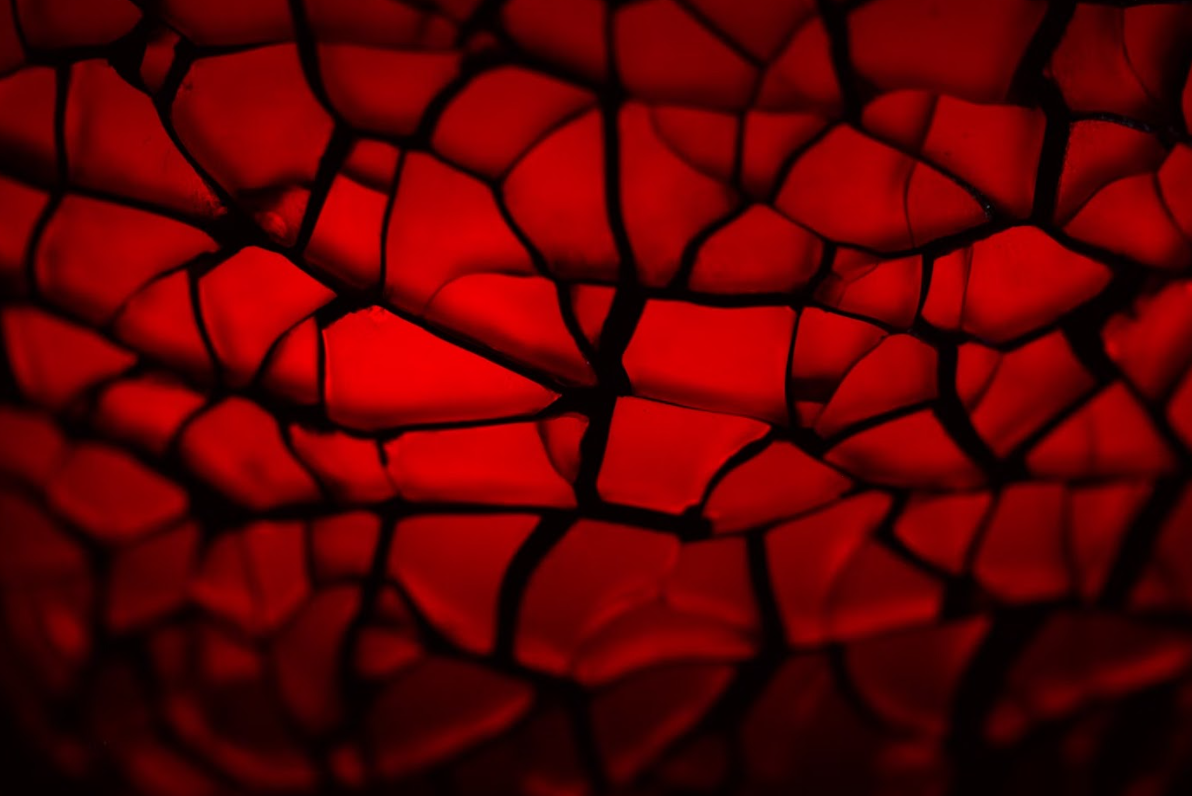For many people, seeking therapy for their visible veins is a novel and perhaps difficult research project. The most common question vein specialists receive from new patients is, "Will vein treatment hurt?"
Some treatments may cause pressure feelings, but no pain should be felt. If you are uncomfortable during your treatment, your vein doctor may provide more numbing to guarantee your comfort!
Many vein treatment options, including excel V+ Laser (a laser spider vein removal treatment) and the previously mentioned RFA and EVLA treatments, use heat and laser technology to either remove visible veins with pulsating light or close unhealthy veins with heat energy so they can be reabsorbed by the body.
During these treatments, it is fairly unusual to feel a very faint heat, but never burn. A gentle topical anesthetic and ultrasound-guided therapy eliminates discomfort and awareness of the heat being utilized, allowing our vein experts to conduct their treatments in the most effective manner.
Is It Worth the Discomfort?
The most important thing to know as you book your visit with a vein specialist is that treatments are so non-invasive that the only downtime is frequently simply avoiding vigorous activity for a few days, wearing compression stockings, and elevating your legs. Most importantly, remember that chronic venous insufficiency (and its associated symptoms, such as varicose veins) is a progressive condition that worsens over time if not addressed.
A considerable majority of emergency room visits are for complications of late-stage CVI, such as open and weeping venous ulcers or migrating blood clots. A big percentage of vein therapy is preventative, and controlling your varicose veins before they develop into deep vein thrombosis, ulcers, and blood clots will save you a lot of discomfort, time, and money in the long term. A short prick with a needle is preferable to open surgery and hospital stays.
The Aftereffects
Some people report moderate bruising after treatments like radiofrequency ablation, however this is more prevalent in patients who bruise readily in everyday life. Injection sites may become slightly discolored where the local anesthetic was provided, but superficial bruising is not medically significant and does not indicate that your therapy has failed.
This is the body's normal reaction to a minor puncture and injection. If you have had a Tetanus vaccine, you may have noticed some soreness and minor bruising. This is also to be expected with some vein treatments and will be discussed with your vein specialist prior to and during your treatment.
Another minor adverse effect that may occur after VenaSeal therapy is small inflammation, with minor responses to the medical-grade glue producing mild itching and swelling of the affected leg. This occurs in fewer than 1% of people and is a rare adverse effect. Consult your vein doctor if you have any inflammation; while this is not a hazardous side effect, your vein specialist may be able to offer over-the-counter pain relievers based on your medical history and tolerance levels.
Your vein doctor will be honest with you about the recuperation period, however brief, after your procedure. If they predict that you may bruise, they will assure you that there is nothing to worry about and will advise you on how to get the greatest results. Compression stockings, as well as elevating the legs and drinking water, can significantly improve circulation and assist minimize edema after treatment. To limit the risk of discolouration and sensitivity-induced sun damage, avoid extended sun exposure following laser treatment.
These lifestyle modifications are simple to implement, and your doctor will go over them with you in the clinic and during your follow-up call. Remember that all non-invasive vein treatments are light enough that you should not feel pain or discomfort after seeing one of our experts.If you are suffering unusual amounts of discomfort, do not hesitate to call your care staff.






Comments